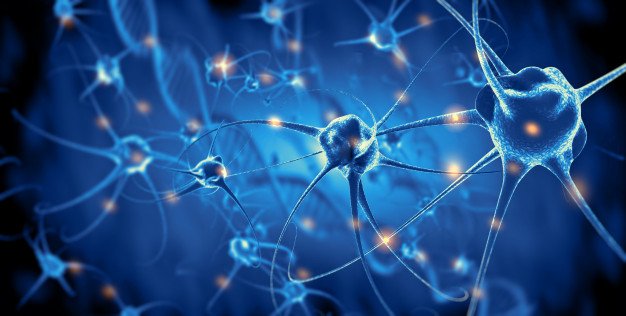
Photo Credit: Freepik
Singapore's Duke-NUS Medical School researchers studying an enzyme in fruit fly larvae have found that it plays an important role in waking up brain stem cells from their dormant ‘quiescent’ state, enabling them to proliferate and generate new neurons. Published in the journal EMBO Reports, the study could help clarify how some neurodevelopmental disorders such as autism and microcephaly occur.
Pr-set7 is an enzyme involved in maintaining genome stability, DNA repair and cell cycle regulation, as well as turning various genes on or off. This protein, which goes by a few different names, has remained largely unchanged as species have evolved. Professor Wang Hongyan, a professor and deputy director at Duke-NUS’ Neuroscience and Behavioural Disorders Programme, and her colleagues set out to understand the protein’s function during brain development.
“Genetic variants of the human version of Pr-set7 are associated with neurodevelopmental disorders, with typical symptoms including intellectual disability, seizures and developmental delay,” explained Professor Wang. “Our study is the first to show that Pr-set7 promotes neural stem cell reactivation and, therefore, plays an important role in brain development.”
Neural stem cells normally oscillate between states of quiescence and proliferation. Maintaining an equilibrium between the two is very important. Most neural stem cells are quiescent in adult mammalian brains. They are reactivated to generate new neurons in response to stimuli, such as injury, the presence of nutrients or exercise.
However, neural stem cells gradually lose their capacity to proliferate with age and in response to stress, and anxiety. The research in neuroscience has yielded valuable insights into several neurodevelopmental disorders.




